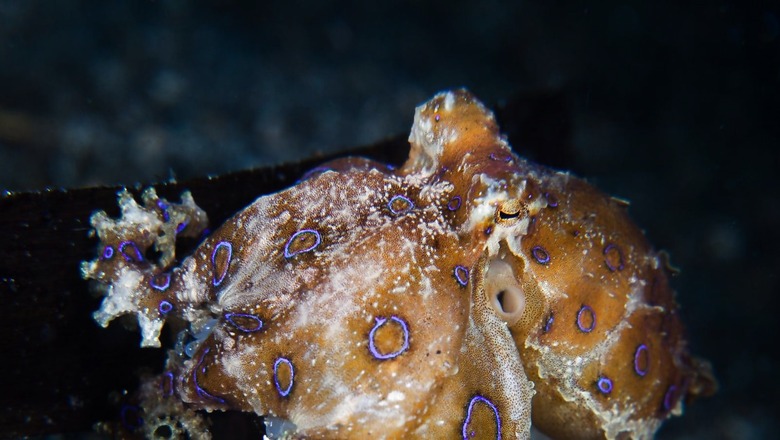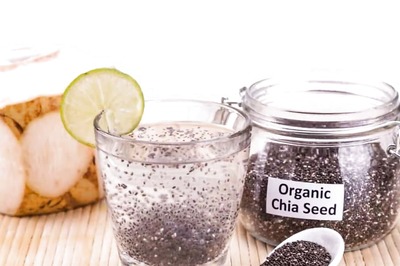
views
Do you know that female octopuses start torturing themselves from the time they reproduce and sometimes even eat themselves? Yes, that is true. The eight-limbed cephalopods have always put stress on the minds of scientists with their unique property of beating themselves after producing an egg. Recently, a group of scientists tried to find out the reason behind this bizarre habit of the mother octopuses.
According to a study published in the journal Current Biology, the female octopus goes through a chemical imbalance in her body and releases a steroid hormone after mating. This hormone leads to multiple changes in their bodies, and they start torturing themselves and eating their organs. The study even talks about a study that tried to derive a similar answer in 1977. As per the old study, octopuses produce steroids and after they produce an egg, the level of it increases and the impact too. This raises the urge in them to bang their heads against the wall or just eat their parts, sometimes even their own eggs.
However, this time, the researchers have highlighted two more chemical phenomena that lead to this unusual behaviour. One of the reasons is the rise in the female reproduction hormones, pregnenolone and progesterone, which is just the beginning of the chemical changes. Next comes the increase in cholesterol levels due to higher levels of 7-dehydrocholesterol. This condition is toxic and is one of the reasons for the fatal changes. The group of researchers also found that the optic glands of the octopuses start producing more components of bile acids after mating. All these changes lead to changes in their physical and cognitive behaviour.
The lead researcher of the study, Z. Yan Wang, assistant professor of psychology and biology at the University of Washington, wants to derive more information on the matter as they have found the baseline. They are keen on studying various species of octopus and linking the chemical responses to their behaviour to find a common ground. Wang revealed to Live Science that the exact reason is unknown, but it could be a way for a mother octopus to protect her young octopuses.
Read all the Latest Lifestyle News here















Comments
0 comment